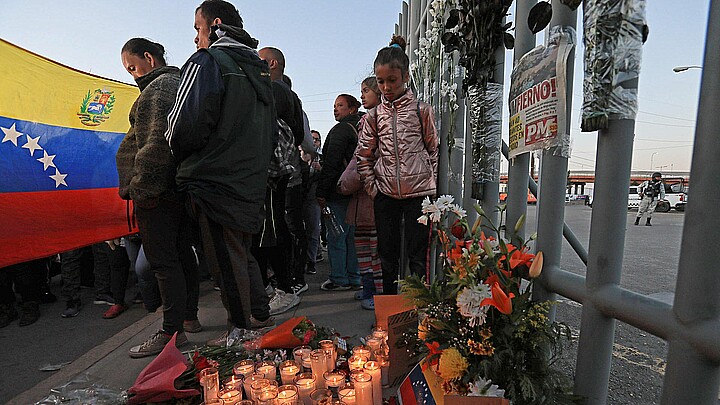Human Rights
Mexican Supreme Court upholds rule requiring states to perform abortions in cases of rape
The judges determined that the procedure may be carried out without the victim having to prove that she was sexually assaulted
May 25, 2022 12:42pm
Updated: May 25, 2022 6:12pm
The Supreme Court of Justice of the Nation (SCJN) reaffirmed on Tuesday the validity of the Official Mexican Norm NOM-046 in all states of the country, which requires health institutions to guarantee the right to an abortion in cases of rape against minors between 12 and 17 years of age, without the need for a judicial process.
The magistrates determined that the procedure may be carried out under the principle of good faith when the victim claims to have been raped under, without having to prove that it was a sexual assault.
"Health personnel who participate in the procedure of voluntary termination of pregnancy will not be obliged to verify the applicant's statement, understanding that their actions are based on the principle of good faith," NOM-046 states.
With this, the termination of pregnancy may be performed without the intervention of a Public Prosecutor's Office. However, in cases where a victim is under 12 years of age, the authorization of the parents or guardians will still be required.
NOM-046 had been challenged by the congresses of the states of Aguascalientes and Baja California through a constitutional controversy under the argument that it affected their local jurisdiction. In this regard, the SCJN rejected that the functions of the congress had been invaded by the standard.
According to the presiding minister of the Court, Arturo Zaldívar, adding elements such as a court order to allow an abortion to be performed would contribute to the re-victimization of women who have been raped.
"Forcing women or girls to carry to term a pregnancy resulting from rape implies a total disregard for their human dignity, autonomy, and free development of personality," he said.
The application of NOM-046 is often denied, mainly due to lack of knowledge and training of state authorities and health personnel, according to Animal Político.
Although the law has been in force nationwide since 2009, in many cases, legal support is still necessary to file appeals when this right is denied.
In September, the SCJN declared it unconstitutional to criminalize abortion outright and ruled in favor of guaranteeing the right of women and pregnant women to decide about their bodies. It then said the invalidity of Article 196 of the Penal Code of the state of Coahuila, which established a prison sentence for a woman who voluntarily underwent an abortion.










